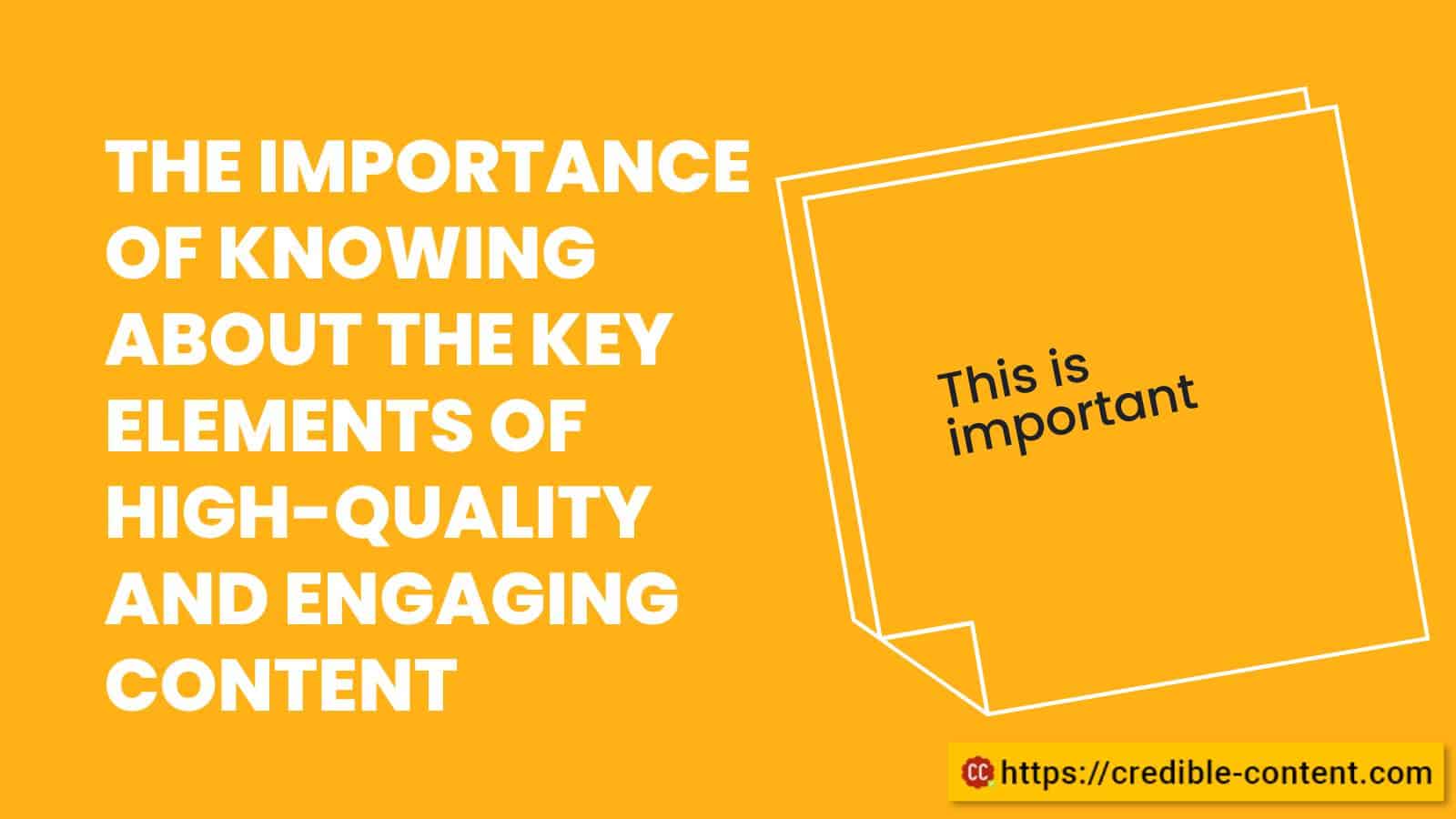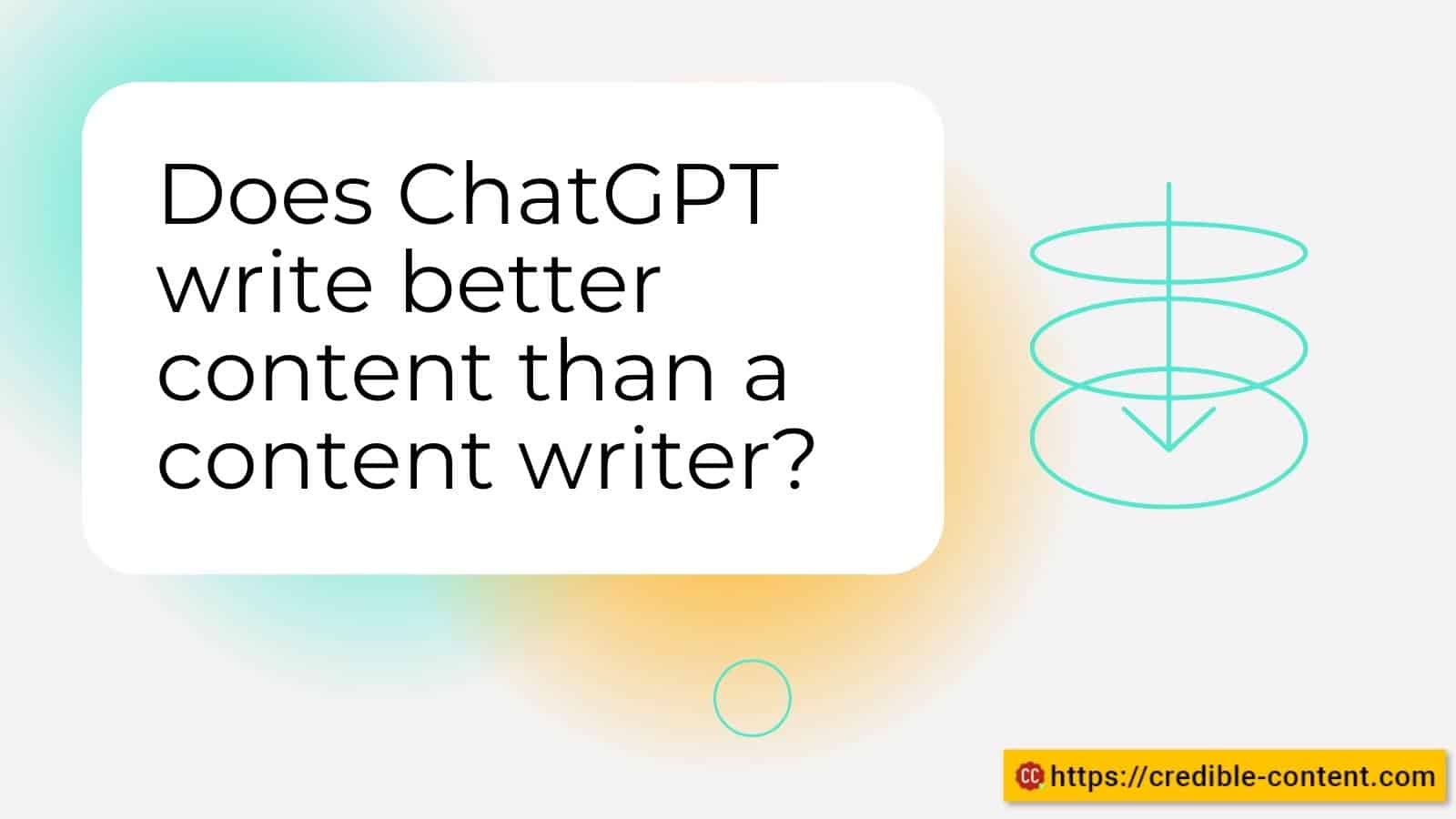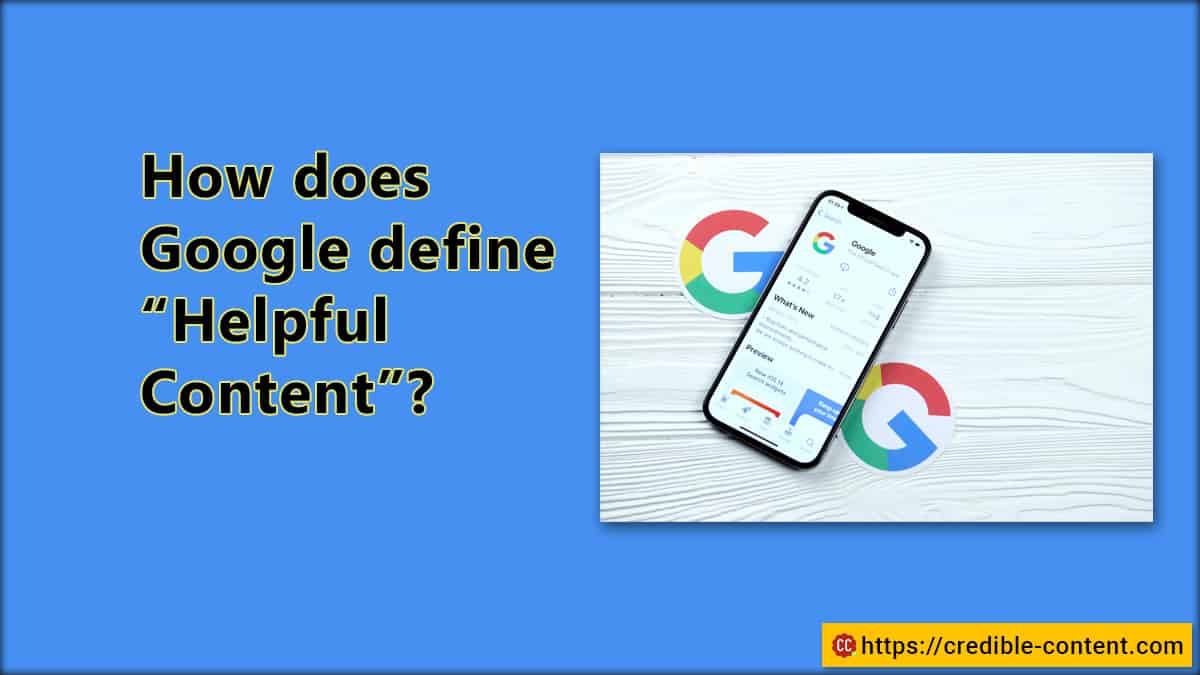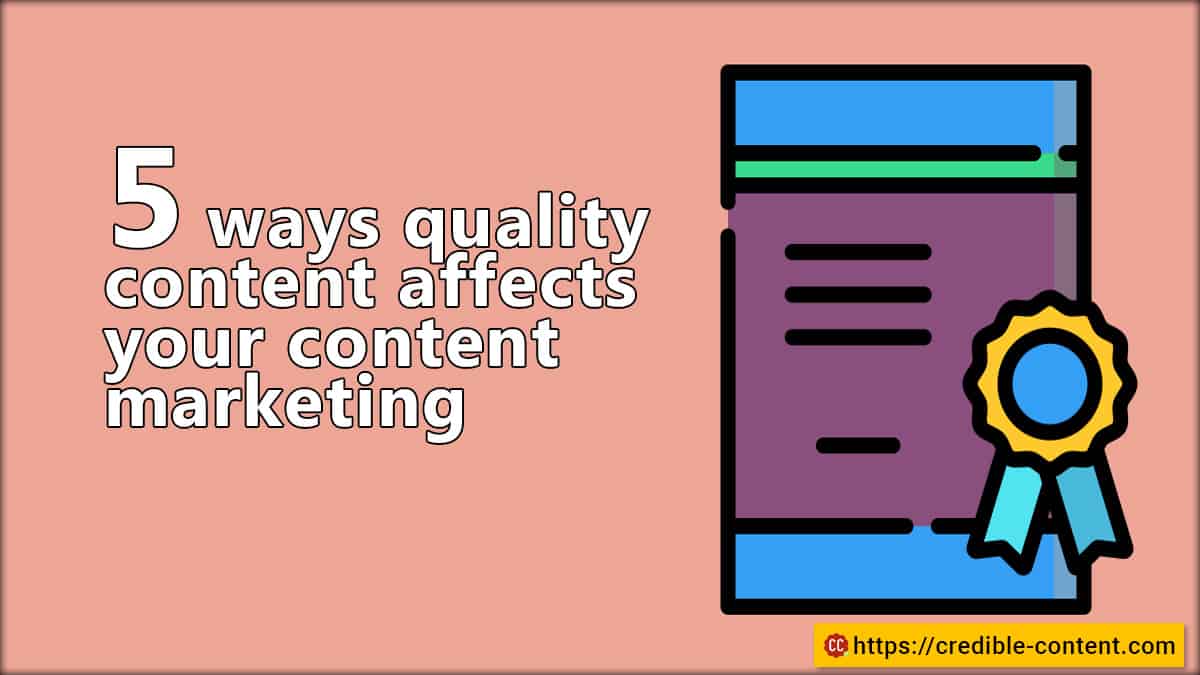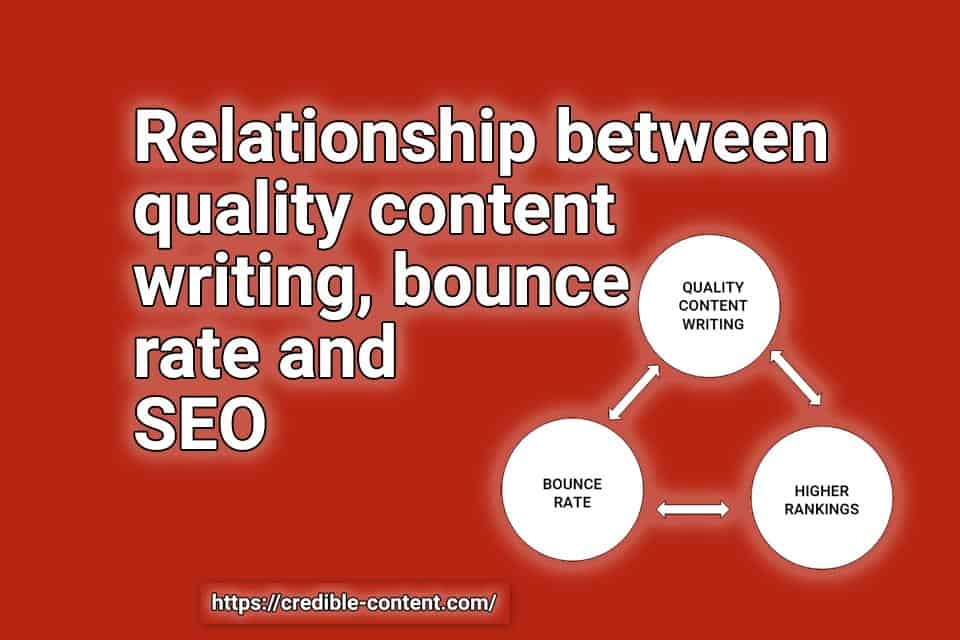Once you know the key elements of creating high-quality and engaging content, and then write content accordingly, you can
- Attract new customers and clients with greater frequency.
- Increase brand awareness.
- Improve your search engine rankings.
- Generate more leads and sales.
- Build sustainable relationships with your audience.
- Increase social media shares and engagement.
- Come across more opportunities for collaboration and partnership.
- Increase the chances of your content going viral and gaining widespread attention.
- Position yourself as an authority figure in your field.
Why is it important to know the key elements of creating high-quality and engaging content?
What is engaging content? Here are its attributes:
- Relevance: Engaging content should be relevant to the target audience’s interests, needs, and preferences.
- Originality: Key elements of engaging content include uniqueness and originality. It should provide fresh and valuable information or perspectives.
- Value: High quality content is valuable to readers by offering practical advice, insights, or entertainment. It should provide a clear benefit or solve a problem.
- Clarity: Engaging content is easy to understand and digest. It should be written in a clear and concise manner, avoiding jargon or complex language.
- Visual Appeal: Including visually appealing elements such as images, infographics, or videos can enhance engagement. These visuals should be relevant and complement the written content.
- Emotional Connection: Engaging content evokes emotions and resonates with the audience. It could be through storytelling, relatable examples, or addressing common pain points.
- Authenticity: High quality content is authentic and genuine, establishing trust with the audience. It should reflect the brand’s values and voice consistently.
- Interactivity: Engaging content encourages interaction and participation. This can be achieved through surveys, quizzes, contests, or inviting comments and discussions.
- Variety: Providing diverse content formats and styles keeps the audience engaged. This includes articles, videos, podcasts, interviews, or case studies.
- Call-to-Action: Including a clear call-to-action guides readers on the next steps and encourages them to engage further with the content or the brand.
There may be a slight difference between engaging and high-quality content so I’m listing the attributes of high-quality content separately.
Attributes of Superior Content:
- Relevance: High-quality content is relevant to the target audience’s interests, needs, and preferences.
- Originality: Key elements of great content include uniqueness and originality, providing fresh and valuable information or perspectives.
- Value: Outstanding content offers practical advice, insights, or entertainment, providing a clear benefit or solving a problem for the audience.
- Accuracy: Superb content is factually accurate, supported by reliable sources and research.
- Clarity: High-quality content is written in a clear and concise manner, avoiding jargon or complex language that may confuse the audience.
- Depth: High-quality content delves deeper into the topic, providing comprehensive information and going beyond surface level coverage.
- Authority: Exceptional content establishes the author’s expertise and credibility, supported by qualifications, experience, or evidence of thought leadership.
- Readability: First rate content is easy to read and digest, with proper formatting, headings, and paragraphs that enhance readability.
- Structure: Top notch content has a logical flow and structure, making it easy for readers to follow along and understand the information presented.
- Engagement: Superior content engages the audience through storytelling, examples, and relatable experiences, capturing their attention and interest.
- Visual Appeal: High-quality content incorporates visually appealing elements such as images, infographics, or videos to enhance engagement and comprehension.
- Variety: Great content provides a variety of content formats and styles to cater to different preferences and learning styles of the audience.
- Actionable: Premium content provides actionable steps or recommendations that the audience can implement to achieve desired outcomes.
- Evergreen: Exceptional content has lasting value and remains relevant over time, not being limited to trends or specific timeframes.
- Shareability: High-quality content is shareable, compelling readers to share it on social media platforms or with their networks, increasing its reach and impact.
- User Feedback: First-rate content encourages user feedback, comments, and discussions, fostering engagement and creating a sense of community around the content.
The key elements of high-quality and engaging content
1. Compelling Headline:
- A captivating headline grabs the audience’s attention and entices them to click and read the full content.
- It should be clear, concise, and highlight the main benefit or value the content offers.
2. Relevant and WellResearched Information:
- High-quality content provides accurate and reliable information that is relevant to the target audience.
- It demonstrates thorough research and incorporates data, facts, and examples to support the main points.
3. Unique Perspective or Angle:
- Engaging content presents a unique perspective or angle on a topic, offering fresh insights or a different approach.
- It adds value by providing a new viewpoint that hasn’t been extensively covered before.
4. Clear and Concise Writing:
- High-quality content uses clear and concise language, avoiding unnecessary jargon or complex terms that may confuse the audience.
- Short sentences and paragraphs improve readability and make the content more accessible.
5. Visual Elements:
- Engaging content incorporates visually appealing elements such as images, infographics, charts, or videos to enhance understanding and engagement.
- Visuals should be relevant, high-quality, and support the main message of the content.
6. Storytelling:
- Incorporating storytelling techniques in content makes it more engaging and relatable.
- It helps create an emotional connection with the audience and makes the content more memorable.
7. Use of Examples and Case Studies:
- High-quality content includes relevant examples and case studies to illustrate concepts or demonstrate real-world applications.
- This adds credibility and practicality to the content.
8. Personalization:
- Engaging content speaks directly to the audience, addressing their specific needs, challenges, or aspirations.
- It uses language that resonates with the target audience and makes them feel understood.
9. Variety of Content Formats:
- High-quality content offers a variety of content formats, such as articles, videos, podcasts, or interactive quizzes.
- This caters to different learning preferences and keeps the audience engaged.
10. Easy-to-read Formatting:
- Engaging content utilizes proper formatting techniques, such as subheadings, bullet points, and numbered lists, to improve readability.
- It breaks down complex information into digestible chunks and makes it easier to scan and understand.
11. Actionable Tips and Takeaways:
- High-quality content provides actionable tips, steps, or takeaways that the audience can implement immediately.
- This empowers the audience and adds value by helping them achieve specific outcomes.
12. Emotional Appeal:
- Engaging content evokes emotions, whether through storytelling, relatable examples, or addressing pain points and aspirations.
- Emotional appeal captures the audience’s attention and creates a deeper connection with the content.
13. Audience Interaction and Participation:
- High-quality content encourages audience interaction and participation through comments, surveys, or social media discussions.
- This fosters engagement, builds a sense of community, and encourages sharing.
14. Credible Sources and References:
- Engaging content includes credible sources and references to support the information presented.
- It strengthens the content’s authority and builds trust with the audience.
15. Mobile-Friendly and Responsive Design:
- Premium content is optimized for mobile devices, ensuring a seamless reading experience across different screen sizes.
- Responsive design allows the content to adapt and display correctly on various devices.
16. Engaging Introductions:
- Engaging content starts with a strong introduction that captures the audience’s attention and sets the tone for the rest of the piece.
- It may include intriguing statistics, compelling questions, or intriguing statements.
17. Well-structured Organization:
- Exceptional content follows a logical and well-organized structure, leading the audience from one point to the next smoothly.
- It includes clear transitions between sections to maintain flow.
18. Engaging and Relevant Subheadings:
- Engaging content uses subheadings that are not only informative but also capture the audience’s interest.
- These subheadings break down the content into smaller sections, making it easier to navigate.
19. Inclusion of Quotes and Expert Insights:
- High-quality content incorporates quotes from industry experts or thought leaders to add credibility and provide diverse perspectives.
- Expert insights contribute to the overall authority and quality of the content.
20. Call-to-Action:
- Engaging content includes a clear call-to-action that guides the audience on the next steps to take.
- It can be a request to subscribe, share the content, or explore related resources.
21. Authenticity and Transparency:
- Outstanding content reflects the author’s authenticity and transparency, presenting information in an honest and genuine manner.
- It establishes trust with the audience and strengthens the content’s credibility.
22. Voice and Tone Consistency:
- Engaging content maintains a consistent voice and tone throughout, aligning with the brand’s personality and values.
- This creates a cohesive reading experience and reinforces the brand’s identity.
23. Regular Updates and Freshness:
- Valuable content is regularly updated to reflect current information and trends.
- This ensures that the content remains relevant and provides the most uptodate insights.
24. SEO Optimization:
- Engaging content incorporates relevant keywords naturally throughout the content to improve search engine visibility.
- It also optimizes meta tags, headers, and descriptions for better indexing and ranking.
25. User-First Approach:
- High-quality content prioritizes the needs and interests of the audience, focusing on providing value and a positive user experience.
- This includes considering accessibility, page load speed, and overall usability.
To create prime and engaging content, include compelling headlines, well-researched information, unique perspectives, clear writing, visuals, storytelling, personalization, varied content formats, easy-to-read formatting, actionable tips, emotional appeal, audience interaction, credible sources, mobile-friendliness, engaging introductions, well-structured organization, relevant subheadings, quotes and expert insights, clear calls-to-action, authenticity, consistent voice and tone, regular updates, SEO optimization, and a user-first approach. Incorporating these elements will help you produce valuable and captivating content that engages your target audience.
The impact of high-quality and engaging content on your SEO: 15 Key Benefits
When it comes to search engine optimization (SEO), superb and engaging content plays a crucial role in improving your website’s visibility, attracting organic traffic, and driving meaningful engagement.
Let’s explore 15 ways top-of-the-range and engaging content can positively impact your SEO efforts.
1. Enhanced User Experience:
- High-quality content improves user experience by providing valuable and relevant information to your audience.
- Engaging content captivates users, increases time spent on your website, and reduces bounce rates, signaling positive signals to search engines.
2. Increased Organic Traffic:
- Producing high-quality content that aligns with user search intent attracts organic traffic to your website.
- Engaging content encourages users to visit, explore, and share your content, leading to increased visibility in search engine results.
3. Lower Bounce Rates:
- Engaging content reduces bounce rates as it holds users’ attention and encourages them to explore other pages on your website.
- Lower bounce rates indicate to search engines that your content is relevant and valuable, which can positively impact your rankings.
4. Improved Dwell Time:
- High-quality and engaging content increases dwell time, the duration users spend on your website.
- Longer dwell times signal to search engines that your content is valuable and satisfies user search queries, potentially boosting your rankings.
5. Increased Social Signals:
- Engaging content is more likely to be shared on social media platforms, generating social signals.
- Social signals, such as likes, shares, and comments, can indirectly influence SEO by increasing brand visibility, driving referral traffic, and attracting backlinks.
6. Higher Clickthrough Rates (CTRs):
- Compelling headlines, meta descriptions, and featured snippets can significantly impact CTRs.
- Engaging content with enticing titles and wellcrafted meta descriptions can attract more clicks from search engine result pages (SERPs), leading to increased organic traffic.
7. Lower Bounce Rates:
- Engaging content reduces bounce rates as it holds users’ attention and encourages them to explore other pages on your website.
- Lower bounce rates indicate to search engines that your content is relevant and valuable, which can positively impact your rankings.
8. Improved Keyword Relevance:
- High-quality content naturally incorporates relevant keywords and phrases that align with user search queries.
- Engaging content that effectively uses keywords can improve your website’s visibility in search results and increase organic traffic.
9. Increased Backlinks:
- High-quality content that provides unique and valuable insights is more likely to attract backlinks from other websites.
- Engaging content that is cited and linked by authoritative sources can significantly boost your website’s domain authority and improve your rankings.
10. Improved Page Authority:
- Engaging content that attracts high-quality backlinks can improve the page authority of your content pages.
- Higher page authority increases the likelihood of ranking higher in search results and gaining visibility for relevant keywords.
11. Higher Time on Page:
- Engaging content that holds users’ attention leads to longer time spent on your webpages.
- Increased time on page signals to search engines that your content is valuable, potentially boosting your rankings.
12. Reduced Duplicate Content Issues:
- High-quality and original content reduces the risk of duplicate content issues, which can negatively impact your SEO efforts.
- Engaging content that is unique and provides fresh perspectives helps search engines understand the value your content offers.
13. Improved Crawlability and Indexing:
- High-quality content with clear structure and formatting is more easily crawled and indexed by search engine bots.
- Engaging content that is well-organized and utilizes appropriate HTML tags can improve the visibility and accessibility of your content to search engines.
14. Enhanced Semantic Relevance:
- High-quality content that incorporates semantically related terms and concepts can improve search engine understanding.
- Engaging content that provides comprehensive coverage of a topic signals expertise and relevance, positively impacting your SEO efforts.
15. Higher SERP Visibility:
- High-quality and engaging content that satisfies user search intent is more likely to rank prominently in search engine result pages (SERPs).
- Improved rankings and visibility in SERPs increase the likelihood of attracting organic traffic and establishing your brand as an authority in your industry.
How do key elements of high-quality and engaging content improve conversion rate?
High-quality and engaging content plays a crucial role in improving conversion rates for businesses. Let’s see how the key elements of high-quality and engaging content contribute to higher conversion rates.
Relevant and Targeted Messaging
High-quality content begins with understanding your target audience and crafting messaging that resonates with them.
By addressing their needs, pain points, and aspirations, you can create content that speaks directly to their interests.
This targeted approach captures their attention, keeping them engaged and increasing the likelihood of conversion.
Compelling Headlines
The headline is the first thing users see, and it needs to grab their attention instantly.
A compelling headline communicates the value proposition of your product or service and entices the reader to explore further.
By piquing their curiosity and generating interest, a strong headline encourages users to stay on your page and increases the chances of conversion.
Clear and Concise Writing
High-quality content avoids jargon and complex language. Instead, it utilizes clear and concise writing that is easy to understand.
Short sentences make the content more digestible and engaging for readers.
By presenting information in a straightforward manner, you can effectively communicate your message and capture the attention of your audience, leading to higher conversion rates.
Visual Appeal
Engaging content goes beyond text.
It incorporates visually appealing elements such as images, videos, infographics, and charts.
Visuals help break up the text and make the content more visually stimulating.
They can effectively convey information, evoke emotions, and enhance the overall user experience.
By incorporating relevant visuals, you can engage users on multiple levels and increase the likelihood of conversion.
Compelling Call-to-Action (CTA)
A high-quality and engaging content piece is incomplete without a compelling call-to-action.
A CTA directs users to take the desired action, such as making a purchase, signing up for a newsletter, or requesting more information. It should be clear, persuasive, and prominently displayed.
By guiding users towards the next step and creating a sense of urgency or value, a strong CTA encourages conversions.
Social Proof
People are more likely to trust and engage with content that is supported by social proof.
Including testimonials, case studies, reviews, and social media mentions in your content provides credibility and builds trust.
Social proof showcases the positive experiences of others, reinforcing the quality and value of your offerings.
By incorporating social proof, you increase the trustworthiness of your content, thereby boosting conversion rates.
Personalization
High-quality content is tailored to the individual needs and preferences of the target audience.
Personalization can be achieved by segmenting your audience and creating content that specifically addresses their unique requirements.
By delivering personalized content, you demonstrate that you understand and value your audience, which in turn leads to higher engagement and conversion rates.
Storytelling
Humans are wired to respond to stories. Engaging content often weaves storytelling elements to captivate readers and create an emotional connection.
By sharing relatable narratives, anecdotes, or case studies, you can evoke emotions and make your content more memorable.
Storytelling helps in building a connection with your audience, which increases their engagement and the likelihood of conversion.
Consistency and Frequency
To maintain engagement and build trust, high-quality content should be consistently delivered to your audience.
Regularly publishing fresh and relevant content keeps your audience coming back for more.
By offering consistent value, you establish yourself as an authority in your industry, enhancing credibility and increasing the chances of conversion.
Optimized for SEO
A crucial aspect of high-quality and engaging content is its search engine optimization (SEO).
By incorporating relevant keywords, meta tags, and optimizing headings, you increase the visibility of your content in search engine results.
When your content ranks higher in search engine listings, it attracts more organic traffic, resulting in increased conversions.
High-quality and engaging content is characterized by relevant and targeted messaging, compelling headlines, clear and concise writing, visual appeal, compelling call-to-action (CTA), social proof, personalization, storytelling, consistency, and SEO optimization.
By incorporating these elements, businesses can create content that captures the attention of their audience, builds trust, and increases the likelihood of conversions. It is essential to offer value, resonate with the audience, and guide them towards taking the desired action.


